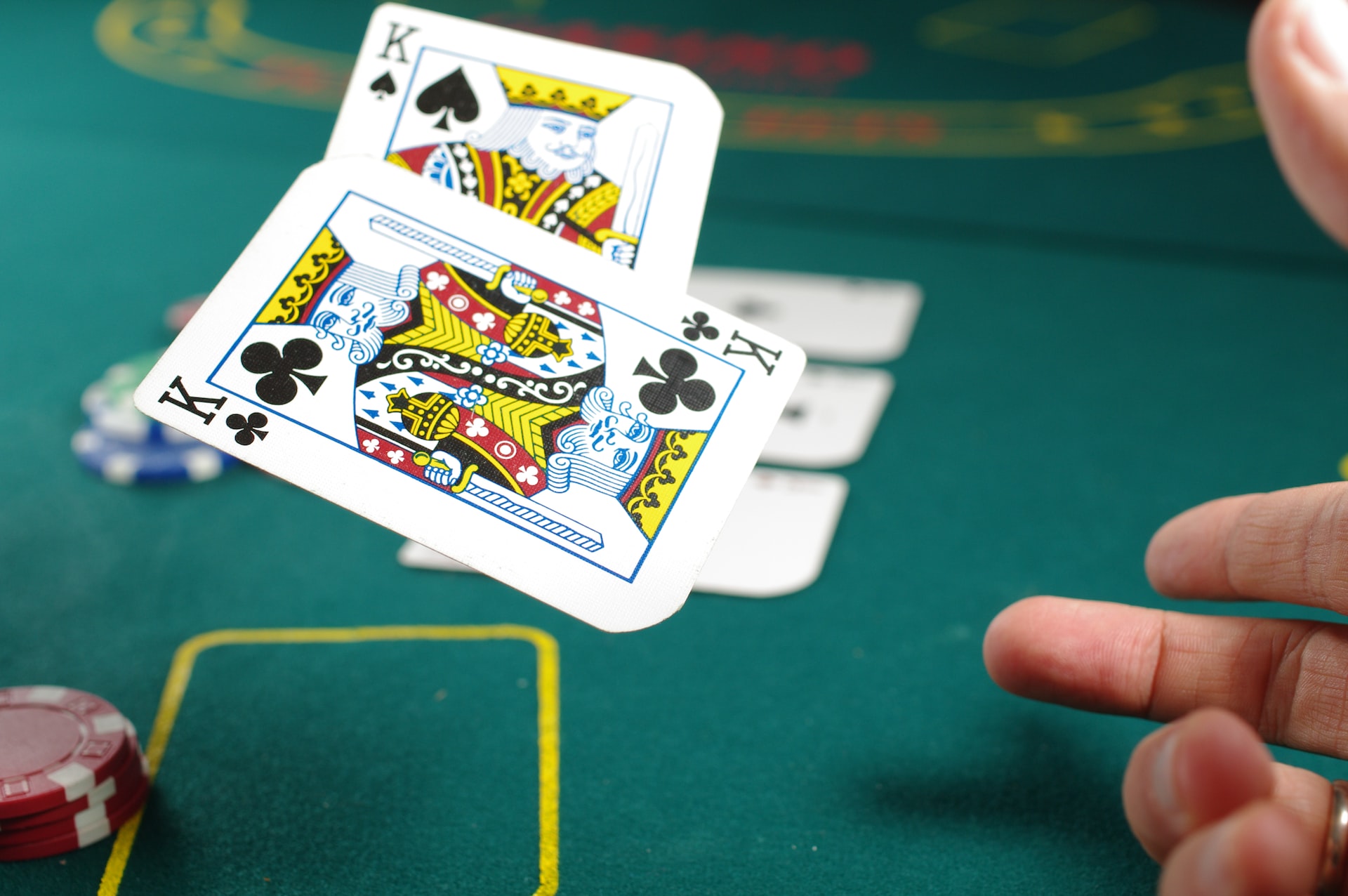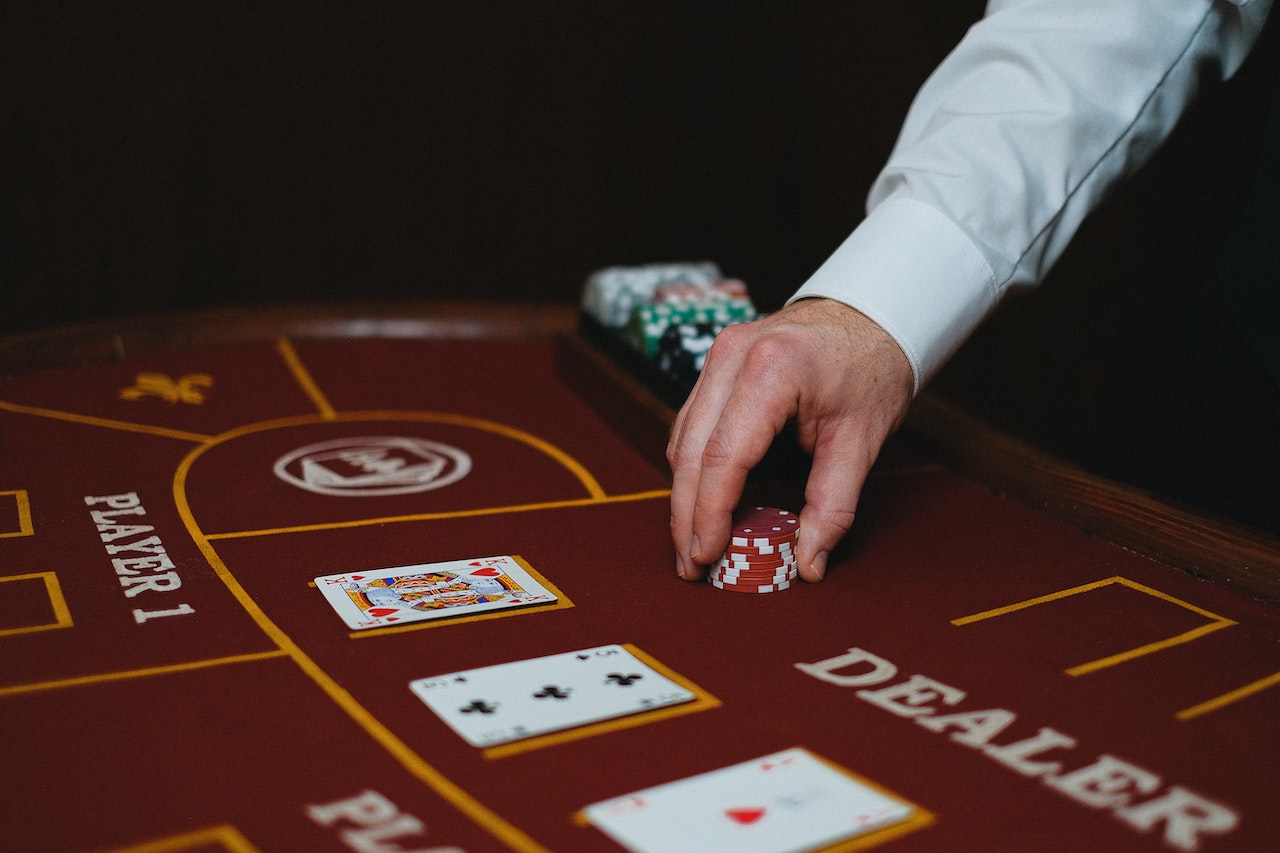
How to Avoid Mistakes in Poker
Whether you are a beginner or an expert poker player, there are some common mistakes you need to avoid when playing. By avoiding these mistakes, you can improve your game and become a more successful player. Here are some of the worst errors to avoid when playing poker:
Bluffing

Whether you are playing in a poker tournament or a cash game, bluffing is a crucial component of poker strategy. Bluffing is an art form that requires a specific set of skills. The key is to master these skills and maximize your profit.
When you bluff, you must be very careful. There are many different factors that can tell you whether you are bluffing or not. You need to understand your own play and the behavior of the other players. You also need to read the field carefully.
When you bluff, your main goal is to convince the other players to fold. You need to tell a story that is convincing and believable. If your bluff fails, don’t react negatively. Instead, try to understand what you did wrong.
Tilting

Tilting is an emotional response to a bad beat or losing streak. It often leads to playing recklessly, making irrational decisions, and generally playing worse than you would normally play.
The best way to avoid tilting is to take regular breaks from the game. Set limits on how long you are willing to play in each session, then stick to it. Take some time off between sessions and relax so that you can come back fresh and focused. Accepting your losses gracefully will also help you avoid tilting.
Emotions can be the death of a poker player. If you feel overwhelmed or frustrated, take a break and come back when you are in the right frame of mind to play.
Not Knowing the Rules
Before playing any game of poker, it is important to understand all of the rules and nuances of that particular game. There are many variations of poker, each with its own unique rules and strategies. If you don’t know them well enough, your opponents will certainly have an advantage over you. Take the time to learn and understand the rules before you start playing for real money.
Being Too Aggressive
Poker requires patience, discipline, and good judgment. Many players make the mistake of being too aggressive with their play style, which can be a costly error.
Try to focus on playing your best possible game. Don’t be too reckless with your decisions, and never over-bet or bluff just for the sake of it. Use your aggression strategically when you have a strong hand and are confident in your chances.
Not Paying Attention

Paying attention is one of the most important aspects of poker strategy. You need to pay close attention to the table action and be aware of what all the other players are doing at all times. If you’re not paying attention, you can miss out on key information that could help you make the right decision.
Playing Too Many Hands
Playing too many hands is another common mistake that rookie players make. You should only play hands that you think give you a good chance of winning. Don’t just play any two cards; instead, focus on playing premium hands and be patient with your decisions.
There’s also a tendency to try and keep playing even after losing a few hands. This can lead to larger losses and is a sure way to become a weaker player in the long run.
Fear of losing

During a poker game, fear of losing can be a huge factor. It can cause players to make bad decisions and even cause them to lose. Fortunately, there are some tips you can follow to improve your poker game.
The first step to beating the fear of losing is to learn how to control your thoughts. You need to avoid dwelling on the results of a hand or worrying about the potential for embarrassment. Instead, focus on bringing the best game to the table.
Another way to overcome your fear is to remind yourself that not knowing is more profitable than confirmation. It would be best if you also remembered that losing a large amount of money is not the end of the world. You can still come in second or even win.
Finally, it would help if you practiced visualization techniques. Visualize yourself playing the game with a positive attitude and see yourself winning. This can help to bring your confidence levels up and give you the courage to make better decisions in-game.
By following these tips, you can learn how to control your fear of losing, improve your poker game and become a more successful player. With the right strategies and mindset, anything is possible!
